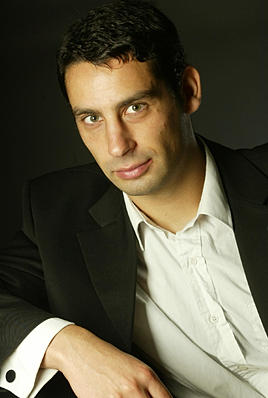The Great Cat Massacre: A History of Britain in 100 Mistakes - Gareth Rubin [AZW3, EPUB, MOBI] {01001001}seeders: 21
leechers: 5
The Great Cat Massacre: A History of Britain in 100 Mistakes - Gareth Rubin [AZW3, EPUB, MOBI] {01001001} (Size: 5.67 MB)
Description The Great Cat Massacre: A History of Britain in 100 Mistakes The Great Cat Massacre: A History of Britain in 100 Mistakes Metadata ISBN-13: 9781782197683 ASIN: B00JD09W0M Publisher: Pen and Sword Military Publication date: 8/01/2014 Formats: AZW3, EPUB, MOBI Pages: 192 Description In 1914, a train pulled into a provincial British railway station. The porter, a curious chap, asked the regiment of soldiers where they were from. "Ross-shire," one called down, but the porter heard "Russia." And so began a rumor that led to Germany losing World War I. Often the history we learn at school is only half the story. We hear of heroic deeds and visionary leaders, but we never hear about the people who turned up late for court and thereby changed the law, or who stood in the wrong queue at university and accidentally won a Nobel Prize. The Great Cat Massacre: A History of Britain in 100 Mistakes demonstrates that the nation is as much a product of error as design. Through chapters on religion, law, culture, war, science, and politics, it reveals such things as how an edict from Pope Gregory IX helped spread the Black Death, how the sister of cricketer John Willes invented overarm bowling, and how, had a letter not been lost, Disraeli might never have become prime minister. This book is history told through human failings, schoolboy errors, bad luck, and extraordinary consequences; a history of mishearing, misdiagnosis, and misinterpretation—a history that you won’t find in the textbooks.  Meet the Authors Gareth Rubin Gareth Rubin is a British journalist and author. His journalism covers social affairs, travel, architecture, arts and health. His first book, Crap Days Out, is a guide to Britain's worst tourist attractions. His second, The Great Cat Massacre, looks at how Britan's history has been changed by people making mistakes and blunders. In 2013 he directed a documentary, Images of Bedlam, about the connection between art and mental illness and how art can help people express that which they cannot put into words. It was filmed at the Bethlem Royal Hospital ('Bedlam') and interviews artists with a history of psychiatric illness. He also works as an actor on stage and television.  Sharing Widget |
All Comments